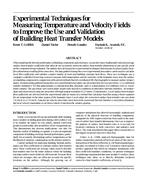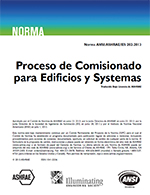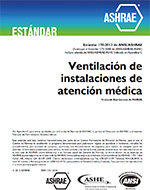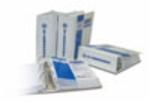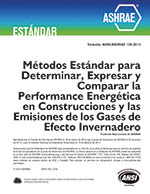Description
When modeling the thermal performance of building components and envelopes, researchers have traditionally relied on average surface heat-transfer coefficients that often do not accurately represent surface heat-transfer phenomena at any specific point on the component being evaluated. The authors have developed new experimental techniques that measure localized surface heat-flow phenomena resulting from convection. The data gathered using these new experimental procedures can be used to calculate local film coefficients and validate complex models of room and building envelope heat flows. These new techniques use a computer-controlled traversing system to measure both temperatures and air velocities in the boundary layer near the surface of a building component in conjunction with current methods that rely on infrared (IR) thermography to measure surface temperatures. Measured data gathered using these new experimental procedures are presented here for two specimens:
- (1) a calibrated transfer standard (CTS) that approximates a constant-heat-flux, flat plate; and
- (2) a dual-glazed, low-emittance (low-e), wood-frame window.
Citation: Thermal Performance of the Exterior Envelopes of Buildings VII
Product Details
- Published:
- 1998
- File Size:
- 1 file , 600 KB
- Product Code(s):
- D-8087
